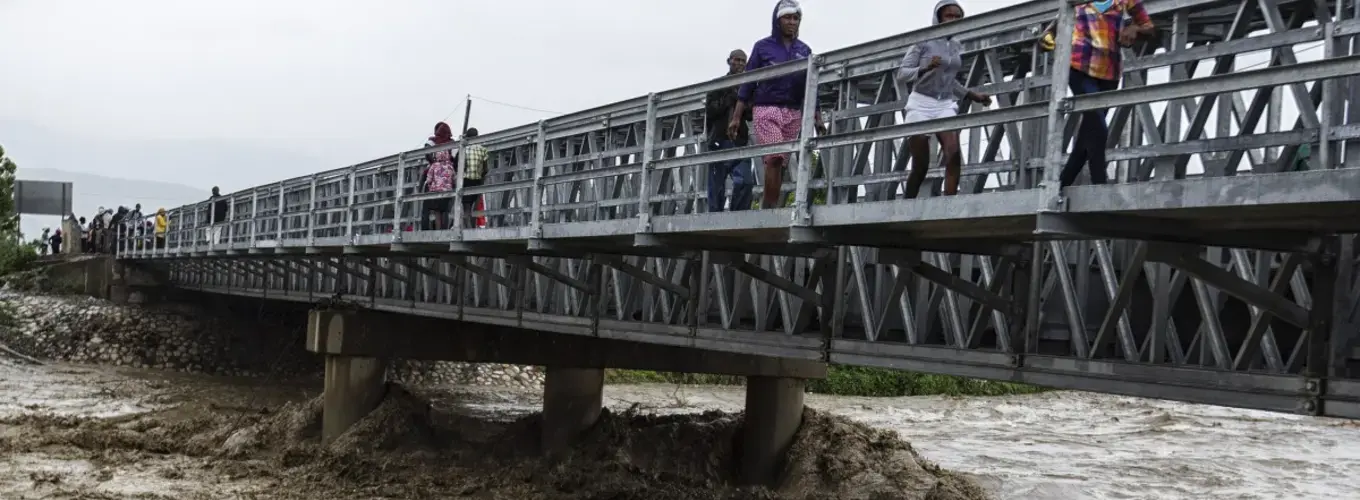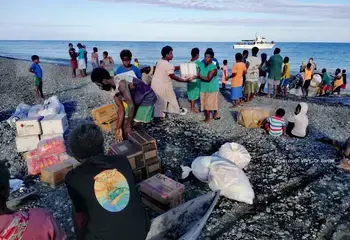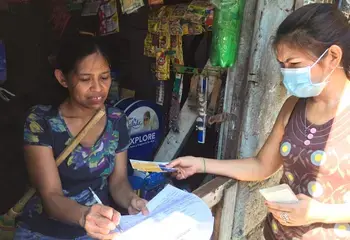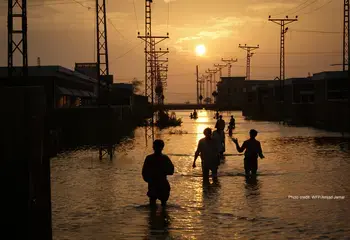Standards
Sphere standard
The Sphere movement was started in 1997 by a group of humanitarian professionals aiming to improve the quality of humanitarian work during disaster response. With this goal in mind, they framed a Humanitarian Charter and identified a set of humanitarian standards to be applied in humanitarian response.
Other Humanitarian Standards Initiatives:
Guidelines
The Sendai Framework for Disaster Risk Reduction 2015-2030
The Sendai Framework for Disaster Risk Reduction 2015-2030 aims to achieve the substantial reduction of disaster risk and losses in lives, livelihoods and health and in the economic, physical, social, cultural and environmental assets of persons, businesses, communities and countries over the next 15 years.
It outlines seven clear targets and four priorities for action to prevent new and reduce existing disaster risks: (i) Understanding disaster risk; (ii) Strengthening disaster risk governance to manage disaster risk; (iii) Investing in disaster reduction for resilience and; (iv) Enhancing disaster preparedness for effective response, and to "Build Back Better" in recovery, rehabilitation and reconstruction.
Words into Action guidelines: National disaster risk assessment
The present Guidelines are the result of the collaboration between over 100 leading experts from national authorities, international organizations, non-governmental organizations, academia, think tanks and private-sector entities. They focus on Sendai Framework’s first Priority for Action: Understanding Disaster Risk, which is the basis for all measures on disaster risk reduction and is closely linked to the other three Priorities for Action.
Tools
Disaster Risk Assessment – UNDP
Understanding the interaction of hazards, exposure and vulnerability is crucial to effective disaster prevention. Risk assessments are therefore fundamental to UNDP’s work on disaster risk reduction (DRR) and recovery.
Knowledge Hubs
PreventionWeb
PreventionWeb is the world’s only combined knowledge and community platform that deals exclusively with disaster risk reduction and resilience building. Not only will you find a curated collection of the latest information on different risk topics and themes, you can also contribute by sending your organisation’s latest work, blogging about your experiences in risk reduction, or using the free community workspace provided to build and connect with your DRR peers.
Relief Web
ReliefWeb is a humanitarian information service provided by the United Nations Office for the Coordination of Humanitarian Affairs (OCHA). The service is managed by the Digital Services Section of OCHA's Information Management Branch. ReliefWeb's editorial team monitors and collects information from more than 4,000 key sources, including humanitarian agencies at the international and local levels, governments, think-tanks and research institutions, and the media.
Humanitarian Response
Humanitarian Response aims to be the central website for Information Management tools and services, enabling information exchange among operational responders during either a protracted or sudden onset emergency.
The Centre For Humanitarian Data
The Centre for Humanitarian Data is managed by the United Nations Office for the Coordination of Humanitarian Affairs (OCHA). The Centre is focused on four areas: 1) data services; 2) data literacy; 3) data responsibility; and 4) predictive analytics. Its vision is to create a future where all people involved in a humanitarian situation have access to the data they need, when and how they need it, to make responsible and informed decisions.
ACAPS
ACAPS is an independent information provider, free from the bias or vested interests of a specific enterprise, sector, or region. As independent specialists in humanitarian needs analysis and assessment, we are not affiliated to the UN or any other organisation. This helps guarantee that the ACAPS analysis is objective and evidence-based.
GDACS
GDACS is a cooperation framework between the United Nations, the European Commission and disaster managers worldwide to improve alerts, information exchange and coordination in the first phase after major sudden-onset disasters.
INFORM
INFORM is a collaboration of the Inter-Agency Standing Committee Reference Group on Risk, Early Warning and Preparedness and the European Commission.




